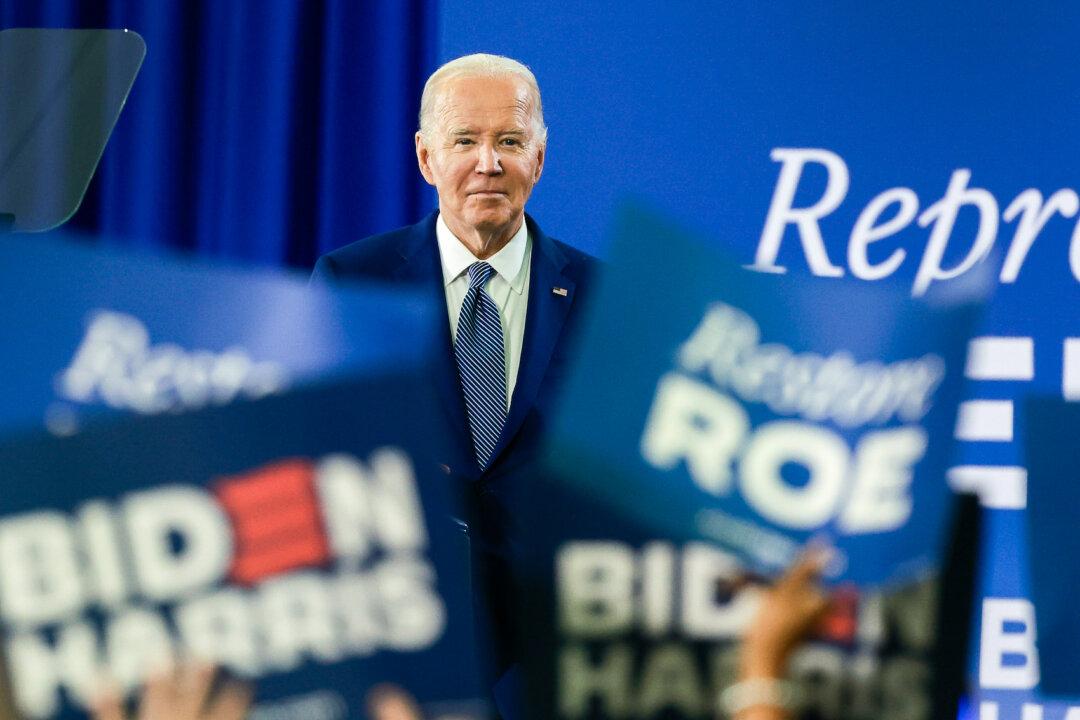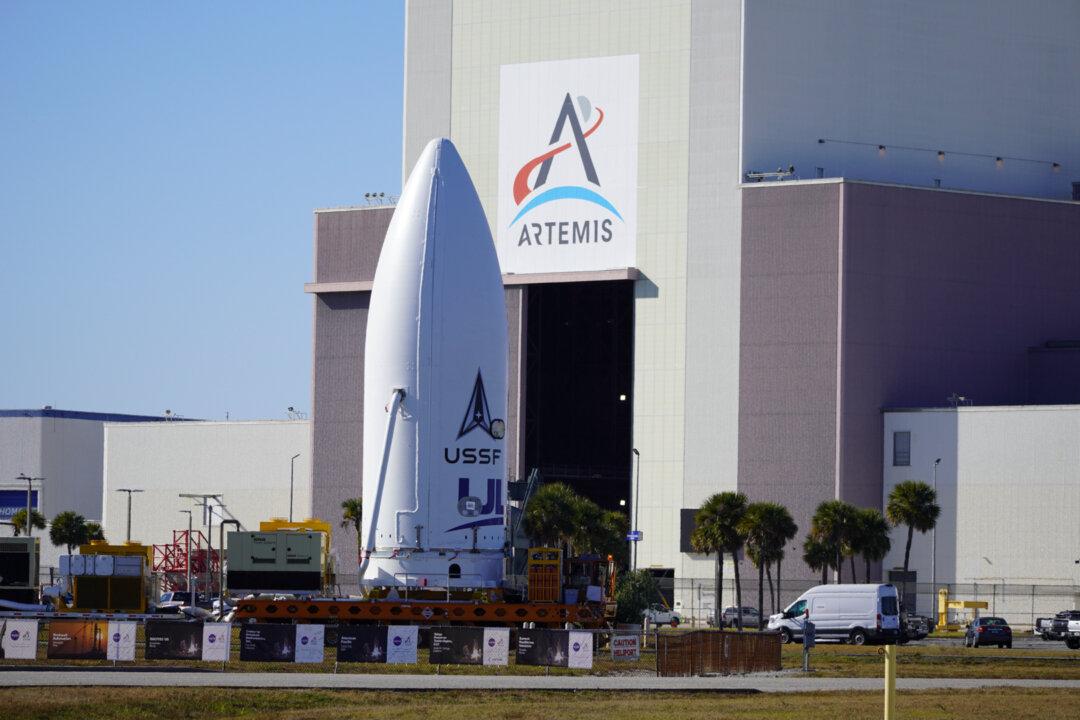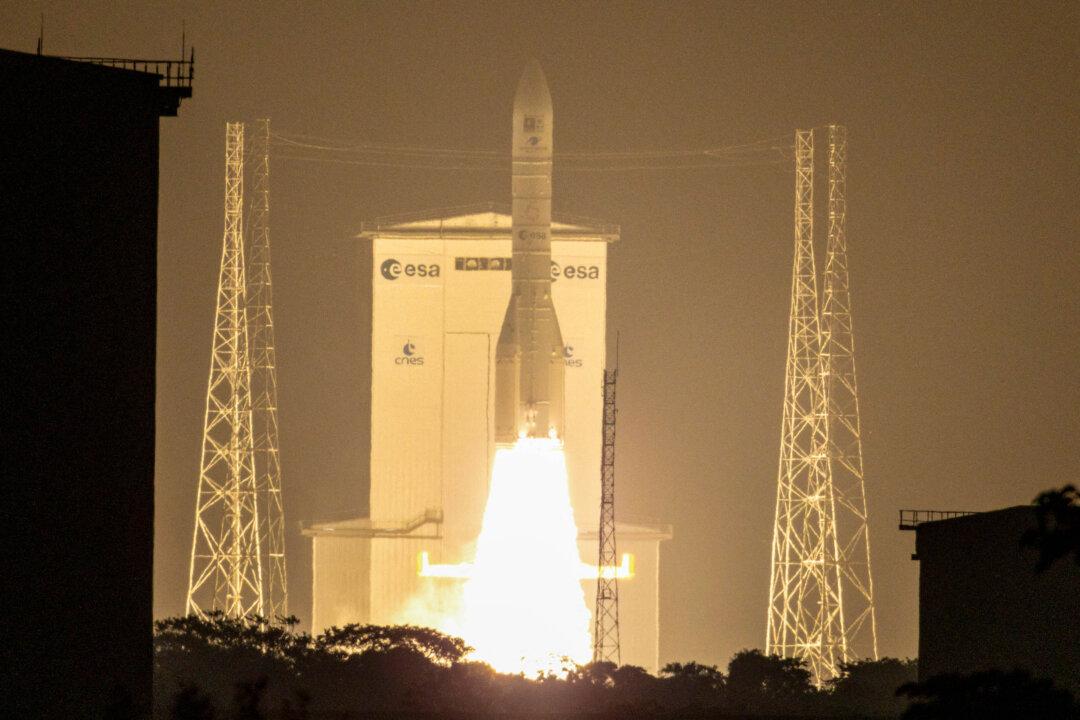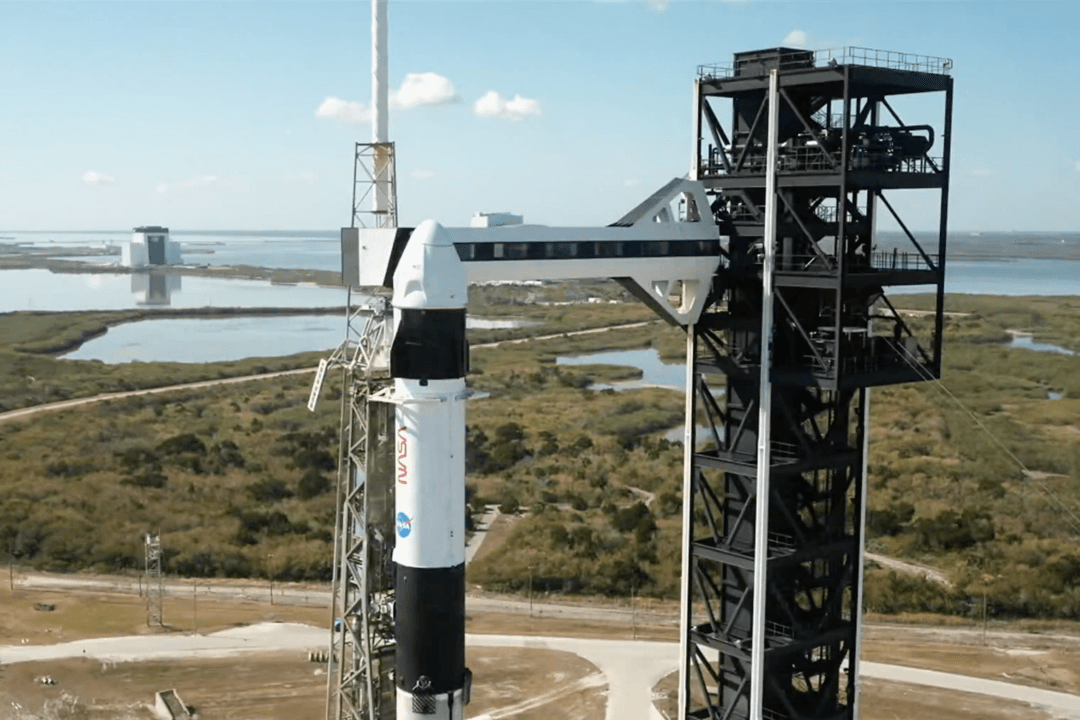The Biden–Harris campaign announced on May 8 its plans for the eight battleground states this month, which includes an overall increase in presence, in comparison to former President Donald Trump’s campaign that the incumbent’s staff described as being “nonexistent.”
The plans include spending $14 million on advertising that tells a “consistent” story to “critical” voters about “President Trump’s attack on things like reproductive freedom, [and] plans to rip away Americans’ health care,” which refers to matters such as the Republicans’ attempted repeal of the Affordable Care Act and rollbacks on Medicare.





